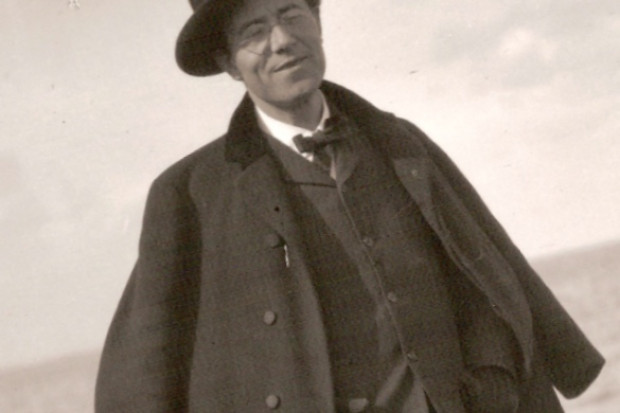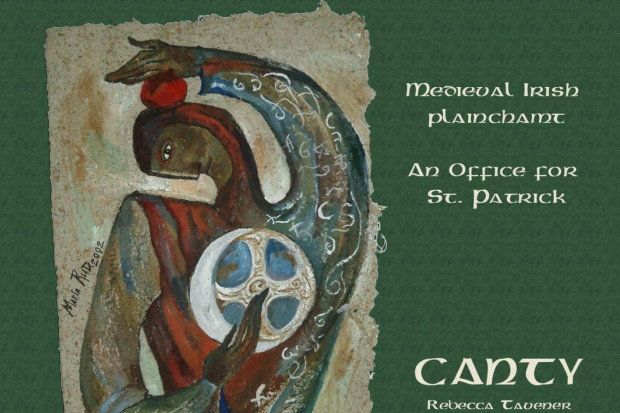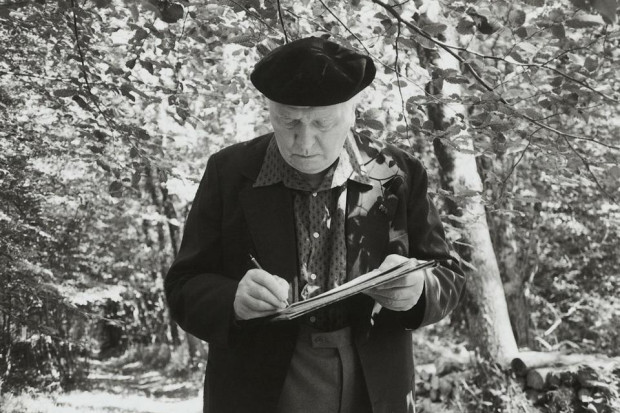Letters: The Progress of Music in Ireland
Dear Editor,
A large part of Barra Ó Séaghdha’s review of Prof. Harry White’s new book (JMI July-August) was taken up with White’s theory of why nineteenth-century Ireland did not produce a classical composer of international standing. I am not an expert on music or musical history, but I am a historian who knows a fair amount about the cultural history of nineteenth-century Europe, in particular in Ireland and Britain. I also know something about how cultural history is properly written.
It was from this background that I read of White’s theory with the widening eyes of incredulity. He believes that, in the part of the United Kingdom called Ireland, no classical composer of international standing emerged because Irish nationalism regarded classical music as a culturally alien thing, associated with the posh Anglo-Irish. I know that White has a negative hang-up about Irish nationalism and smears it at every turn. But leaving that aside, and taking his remarkable explanation at face value, it would explain merely why that part of the Irish population which notably went in for nationalism – English-speaking Catholic Ireland – did not produce a composer of international reputation.
It does not even begin to explain why Ireland did not manage to do that. There were also, after all, the culturally dominant Anglo-Irish and there were the Ulster Protestants, both of whom were hardly likely to have been musically handicapped by the cultural prejudices of nationalist Ireland. Both these elements, which likewise failed to produce a composer of international standing, looked, rather, to England or Scotland as their cultural point of reference.
And what do we find when we look at the contemporary musical histories of those nations? That the English, from Purcell who died in 1695 to Elgar at the end of the nineteenth century, had not produced one composer of international standing: and that the Scots were absent from European musical history except for the schottische, invented in Germany. Not to forget Wales, which was also certainly unaffected by Irish nationalist cultural prejudices, and which showed no creativity whatsoever in the classical music field.
So that it looks as if throughout the eighteenth and nineteenth centuries the emergence in Ireland of a classical composer of international standing would have been an astounding infringement of the norm that was in force in the British Isles: ‘No high-falutin Continental composing here, please! We’re British.’
Two insights follow. On the one hand, that British norm stood like a cultural Great Wall separating Ireland from the font of European classical inspiration in Germany/Austria. On the other, if some Irish nationalists regarded classical music as an alien, posh la-di-da thing, they were merely agreeing with your average Englishman, proud to be a sensible Briton.
Exploration of that United Kingdom norm, and of the reasons for it, would have been the proper point of departure for White’s investigation of why Ireland did not produce a composer of international standing. Explaining things Irish only in insular Irish terms, without regard to broader contexts or to parallels elsewhere – and therefore not explaining them – is a traditional vice of Irish history-writing from which Irish historians have been freeing themselves. Prof. White should catch up. His parochial quarrel with Irish nationalism has blinkered him.
Desmond Fennell
Anguillara, Rome
Published on 1 September 2005














